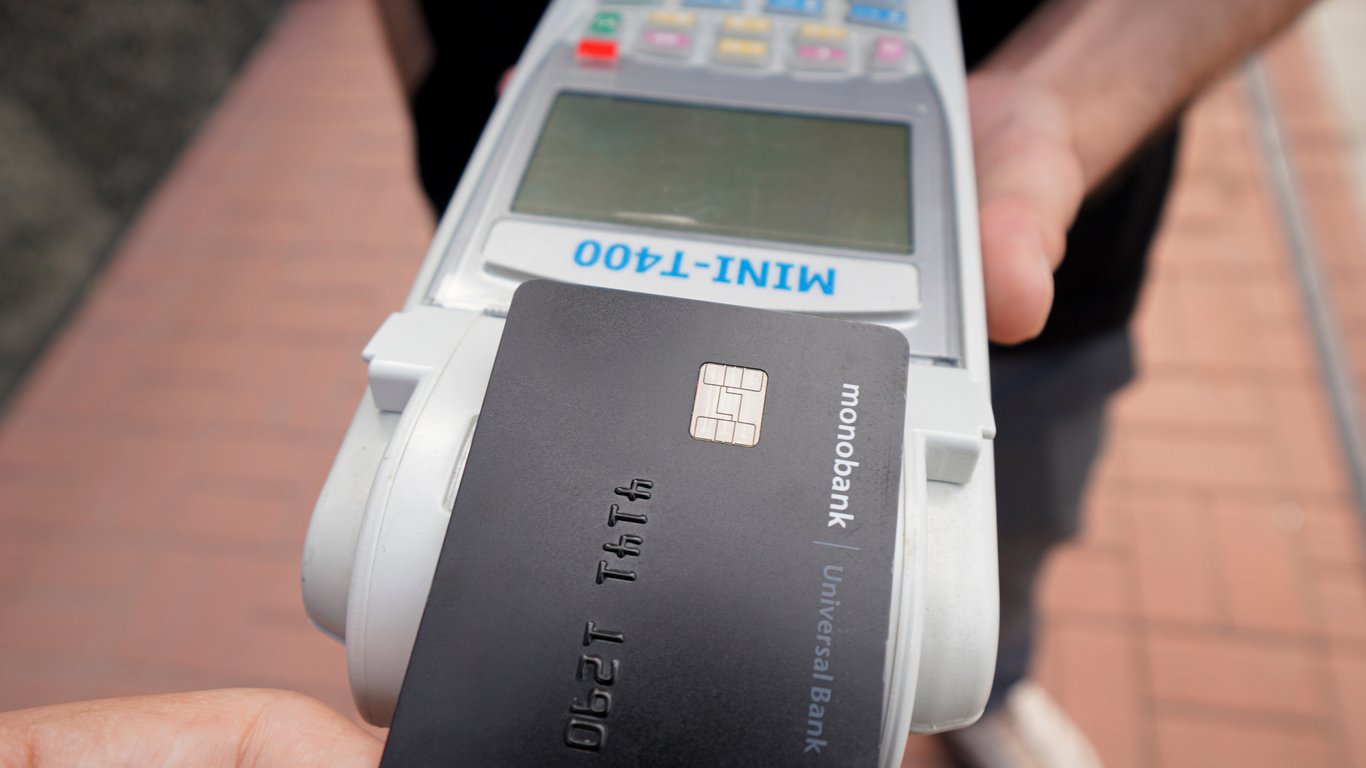Bank guarantee: what it is and what it is needed for.


When studying the topic of the banking system, it is worth looking into the topic of bank guarantees, what they are. After all, this is an important tool for the functioning of the entire system.
Understanding what bank guarantees are is essential for every client. It's especially important to break down in simple terms what they are and how they work.
What does a bank guarantee provide?

So, what does a bank guarantee mean: it is one of the most important financial instruments used to ensure the fulfillment of obligations to counterparties. At first glance, the term may seem complicated and unclear. What are bank guarantees in simple terms: they are a financial document issued by a bank as collateral for its client before a third party. This means the client has their guarantees. In other words, if the client for whom the bank is responsible does not repay the debt, the bank is obligated to do so for them. This does not apply to the entire debt but rather to a certain amount. In this complicated terminology, there are concepts such as the beneficiary (the one to be paid) and the principal (the one who is the bank's client). A corresponding agreement is signed between the three parties.

A few more words about each of these parties. The principal is the party that is obligated to fulfill the obligations (for example, a company or an entrepreneur). Next is the beneficiary, the party that receives the guarantee for the fulfillment of obligations. The bank acts as the guarantor. It can also be a financial organization.
Who needs guarantees and for what purpose?
In general, this triangle operates based on bank guarantees. The bank provides certain guarantees to each party. What does this entail:
-
For the principal, it allows them to conclude deals with greater confidence, as the presence of a guarantee indicates their reliability to the beneficiary.
-
For the beneficiary, it ensures the return of funds or compensation in case the principal does not fulfill the terms of the contract.
Thus, the bank assumes a major part of the responsibility, which is very important.
As for bank guarantees, they are not used in all situations. More often, they relate to tender obligations. In such cases, one company provides a service, while another puts forward a tender. Then each of the companies must prove their viability.

Bank guarantees are also needed for the fulfillment of contracts. Primarily, these are guarantees that the work under the contract will be completed.
When else might such guarantees be necessary:
-
Providing advance payment guarantees – to protect against the risk of non-repayment of advances if the contract is not executed.
-
Loan return guarantee – banks can use the guarantee to ensure the return of funds issued as credit.
Overall, this is quite an important, though specific, part of the banking system.
What types of bank guarantees are there?

Different guarantees are used for different situations. This typology is very important, and each type has its unique characteristics. First and foremost, these are tender guarantees. This type of guarantee is used when participating in a tender. The guarantee confirms that the participant will comply with the tender conditions and will sign a contract under the agreed terms if they win. If this does not happen, the beneficiary will receive compensation. This is the most popular type of contract of this kind.
There is also the concept of performance guarantee. This guarantee ensures the execution of contractual obligations. If the principal does not fulfill their part of the contract (for example, does not deliver goods or complete a project), the bank will pay the guarantee amount to the beneficiary.
It is also worth mentioning the advance return guarantee. This is used in cases where one of the parties pays an advance for work or services that have not yet been performed. In other words, the service will be provided, but in the future. The guarantee protects the interests of the one paying the advance.
In this area, it is also important to discuss the financial guarantee. This is the bank's obligation to settle debts of the principal to third parties (for example, tax or customs payments). The bank agrees to cover potential losses in case the client encounters financial difficulties.
Who can receive a bank guarantee?
Not every bank client can obtain such guarantees. First, they must submit an application to the bank. After that, their candidacy will be considered. They may then receive a rejection. One must also be prepared for this.

The bank, in turn, must check the client's credit history. The bank analyzes the financial state of the client, their history, and business reputation to determine whether the principal can fulfill their obligations. In other words, they thoroughly examine everything about the client; otherwise, they cannot vouch for them. The bank also has the right to request additional documents (reports) or declarations after receiving the application. Of course, the bank will not work at a loss.
If the client passes the check, they sign an agreement with the bank. All conditions for obtaining a bank guarantee must be specified in it. The agreement must clearly outline the conditions and timelines.
After this, the bank can issue a guarantee. This is essentially a regular paper document. It can then be transferred to the beneficiary. The guarantee comes into effect upon signing and remains valid until the agreed-upon term.
Is it worth using such a guarantee?
This instrument has its advantages and disadvantages. It is better to study them before signing the contract. So, what are the benefits of a bank guarantee:
-
The guarantee helps conclude deals with new partners, as the beneficiary receives confirmation of the principal's reliability through the bank.
-
A bank guarantee protects the parties from financial losses in case of non-fulfillment of obligations.
-
To participate in tenders and fulfill government contracts, the presence of bank guarantees is often required.
However, this instrument has significant drawbacks. What are they:
-
The bank charges a fee for providing the guarantee, which can be substantial depending on the amount of the guarantee and the terms of the contract.
-
Not every company or entrepreneur can obtain a bank guarantee – they must prove their financial stability.
In case the principal does not fulfill their obligations, the bank has the right to demand compensation for the amount paid.
Read also
- Kyivstar has lowered the cost of tariffs for subscribers - who has discounts
- Types of foreign banknotes - which currency Ukrainians find in their wallets
- Last warning - what will change for individual entrepreneurs from August 1
- Ukrainians can access budget eggs - where to save significantly
- eOselya — who cannot qualify for affordable lending
- Koreans will build a waste incineration plant in Odesa - what are the timelines









